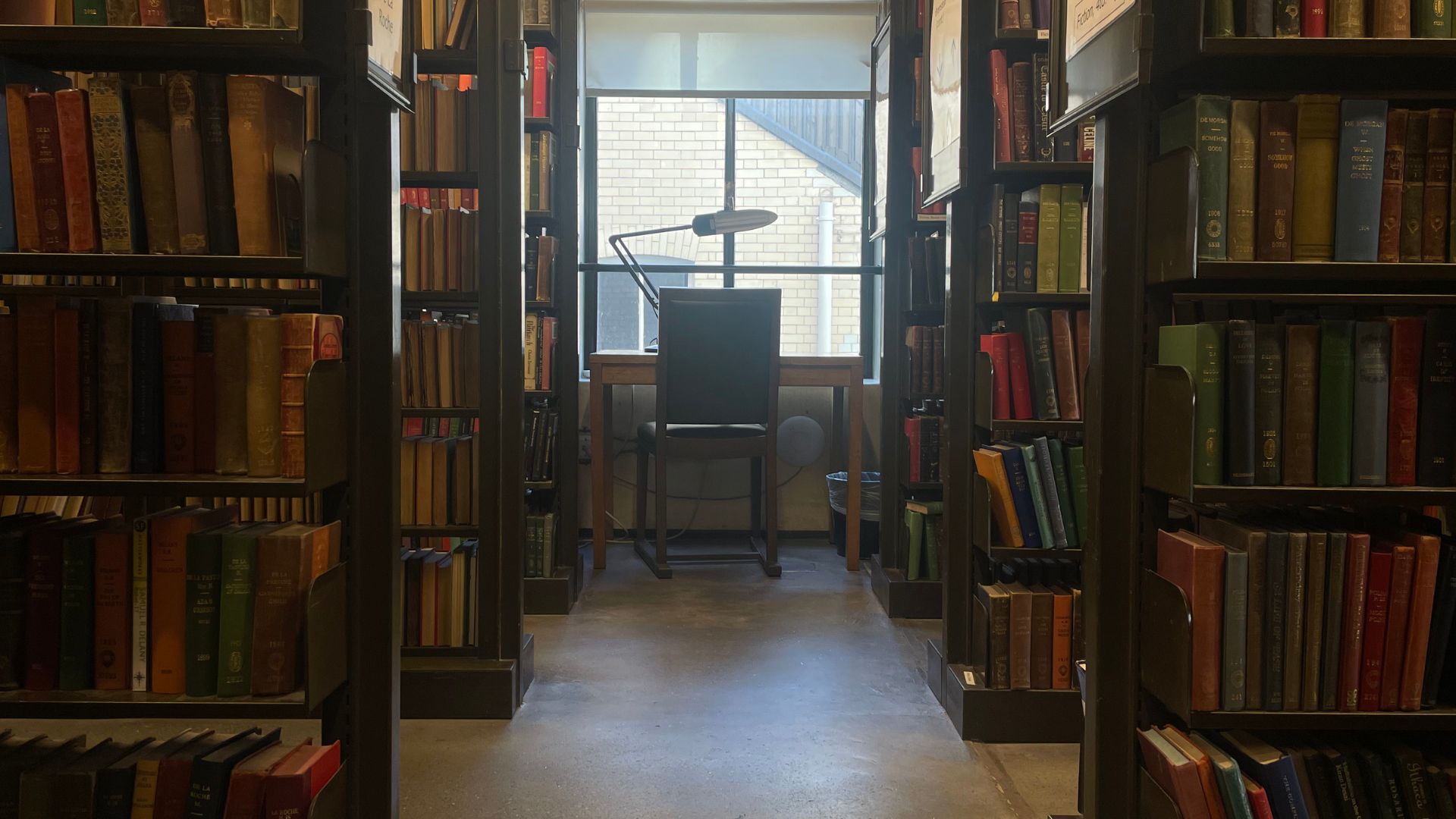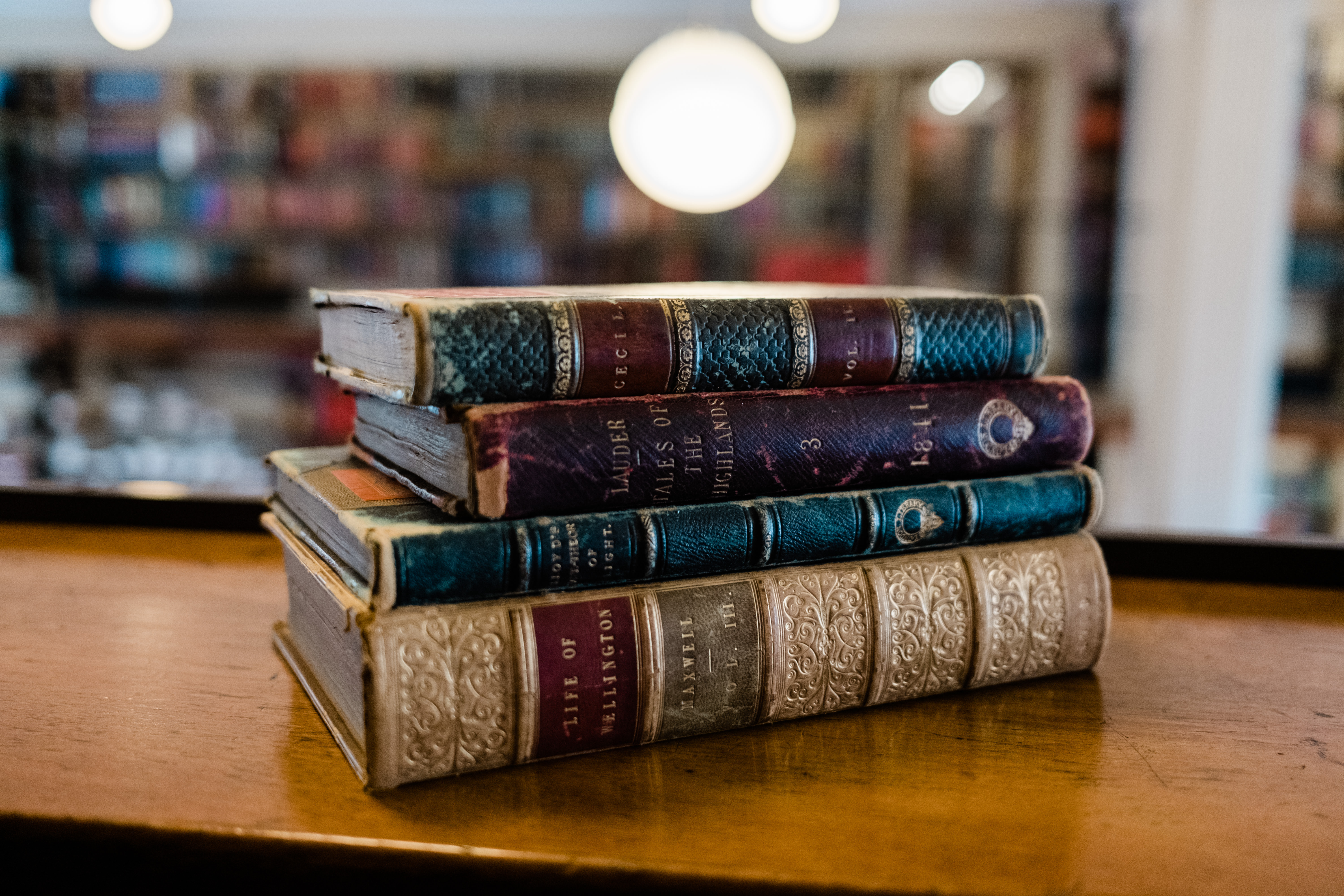There is a small but significant book in the Library’s collections calledTommy’s Tunes: A Comprehensive Collection of Soldier’s Songs, Marching Melodies, Rude Rhymes, and Popular Parodies, Composed, Collected and Arranged on Active Service with the B.E.F., by F.T. Nettleingham, 2nd Lt. R.F.C. This comprehensive collection of soldiers’ songs was collected and arranged while on active service during the First World War and published in October 1917. It was acquired by the Library on 1 January 1918 and has been in action on the Library’s shelves ever since. The songs bristle with camaraderie, irreverence and poignancy.The social history and cultural significance of the book was fully realized in the hands of Charles Chilton in 1961 in his groundbreaking BBC Radio 4 radio documentary The Long, Long Trailwhich told the story of the First World War through soldiers’ songs. This forgotten radio masterpiece packed a powerful cultural punch and inspired the stage musical Oh! What A Lovely War. It is the richly deserved subject of an Archive on 4 BBC Radio 4 programme (also called The Long, Long Trail) which will be broadcast on 4 January at 8pm in which Roy Hudd and Ian Hislop, among others, consider its significance and during which many of the soldiers songs are sung. Charles Chilton’s game-changing original documentary will also be broadcast on Radio 4 Extra on Sunday, 5 January 2014, at 1.30pm.
Also from the archive on the theme of the First World War the joining forms to the Library of Laurence Olivier, Ford Madox Ford and Siegfried Sassoon. Olivier joined the Library in 1945 and won a BAFTA award for best supporting actor for his portrayal of British Expeditionary Force Leader General Sir John French in the film Oh! What A Lovely War in 1969. Both Sassoon and Madox Ford channeled first-hand experience of the First World War in their work. Between 1924 and 1928 Ford published a masterpiece with the War at its core: a tetralogy known as Parade’s End. In the Preface to No More Parades the second novel in the tetralogy Ford wrote: “All novels are historical, but all novels do not deal with such events as get on to the pages of history. This No More Parades does.”
Siegfried Sassoon joined the Library in 1922 nominated by E.M. Forster and gave at that time his occupation or position as “None”. One of the most acclaimed of the First World War poets, known as “Mad Jack” for his feats of bravery in the field Sassoon was awarded the Military Cross for “conspicuous gallantry” saving men under heavy fire. His open criticism of the War printed on the pages of The Times and discussed in the House of Commons was a considered and calculated counter-attack to Establishment ignorance and complacency about the human cost of the War.
“I am making this statement as an act of willful defiance of military authority because I believe the war is being deliberately prolonged by those who have the power to end it. I am a soldier convinced that I am acting on behalf of soldiers.”[1]
It is often said that there is no town or village in Britain that was left untouched by the First World War and this is also true of the Library. Hagberg Wright, Librarian from 1893 to 1940 was involved in the Books For Troops Scheme and the Library was a dropping off point for books for distribution through the Red Cross War Library. Advertisements instructed those sending books to the Library for this purpose to label them clearly “For Wounded”. On July 30, 1916 a short piece in The Times reported that 15 members of London Library staff were on active service. The search is currently underway to discover who they were and how they fared. We will announce and acknowledge them on Remembrance Day 2014.
© Helen O’Neill Archive, Heritage and Development Librarian
For more on Archive on 4 BBC Radio 4 The Long, Long Trail see:
http://www.bbc.co.uk/mediacentre/proginfo/2014/01/r4-archive-on-4-saturday.html

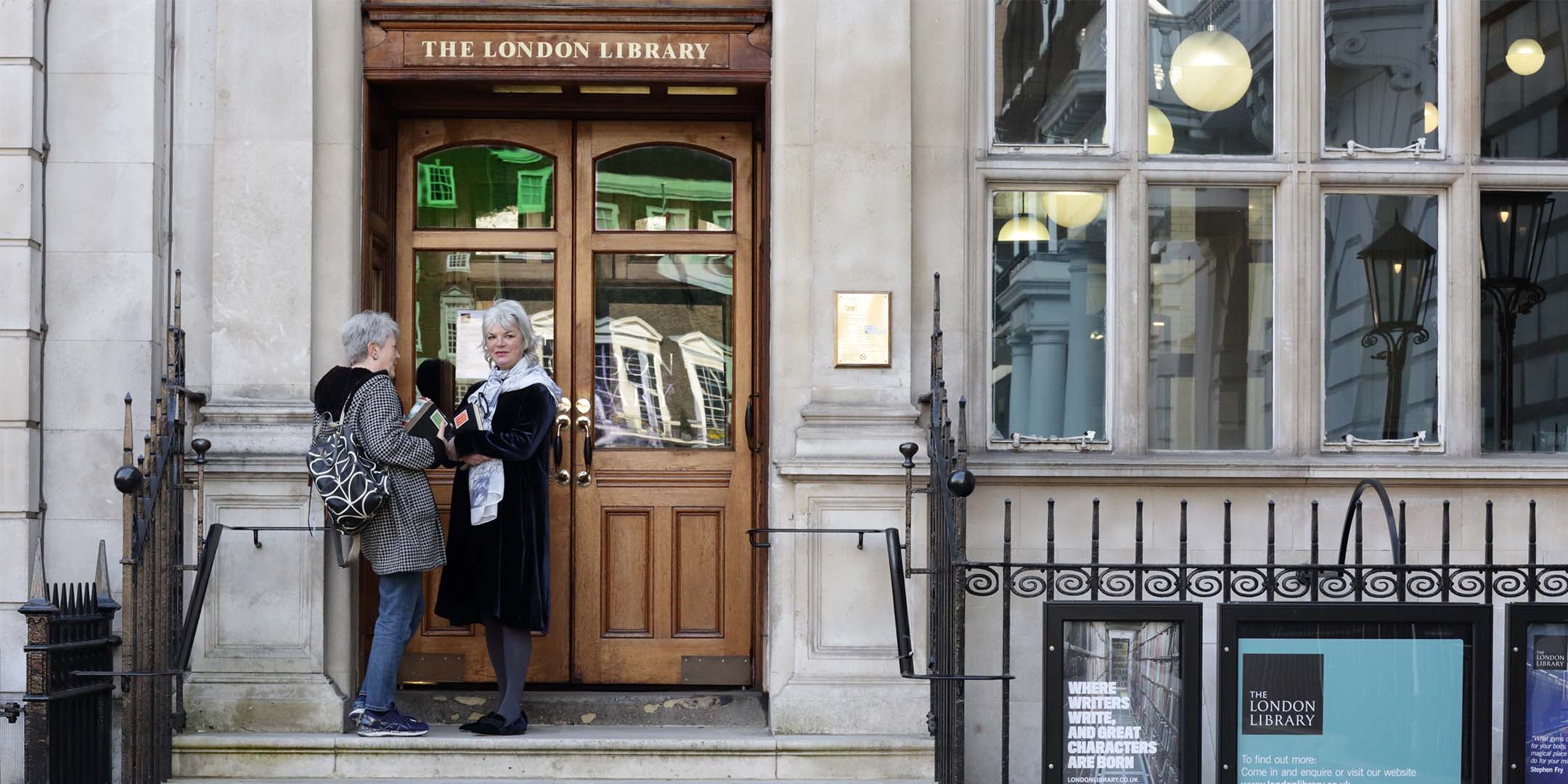



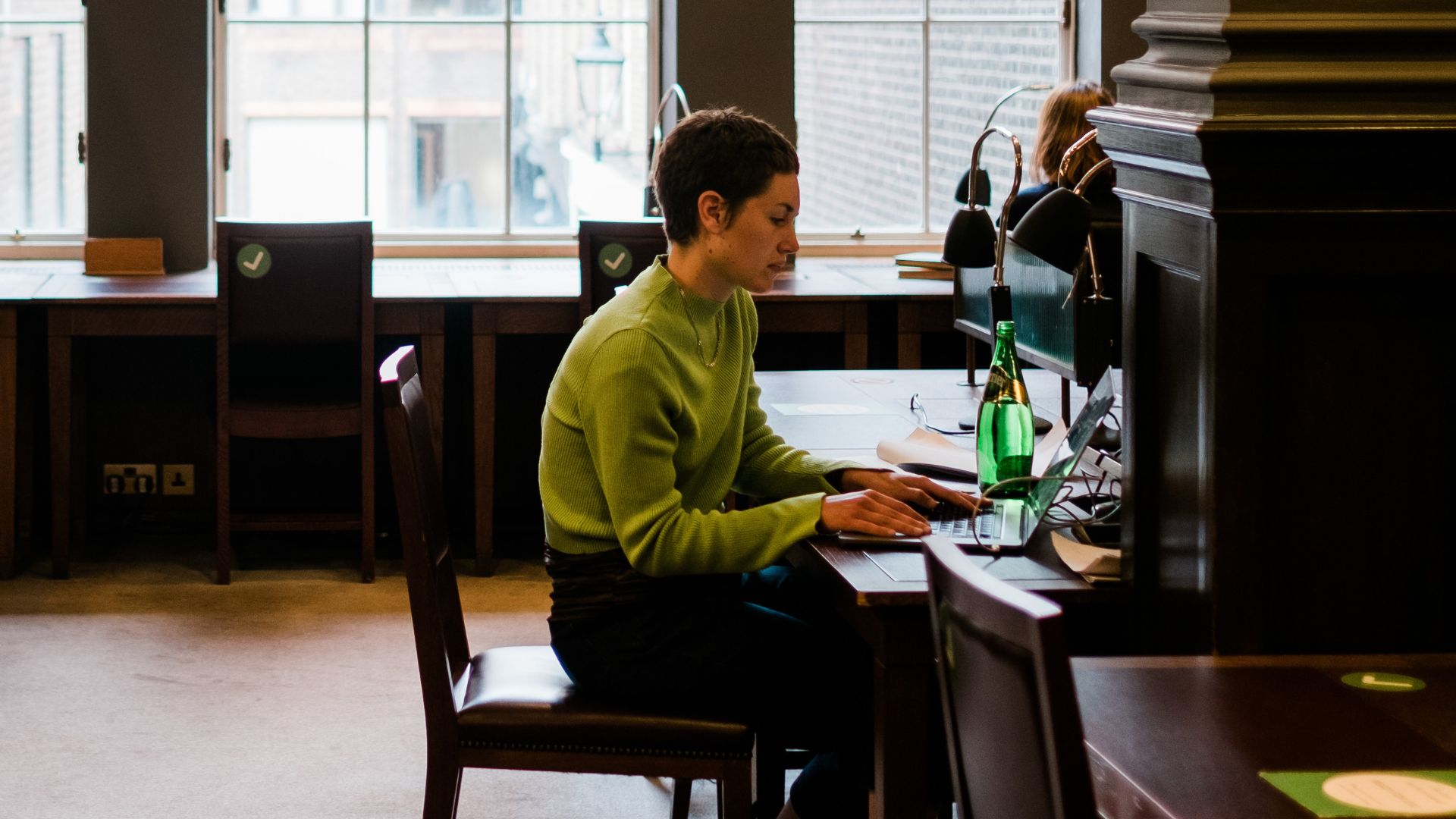

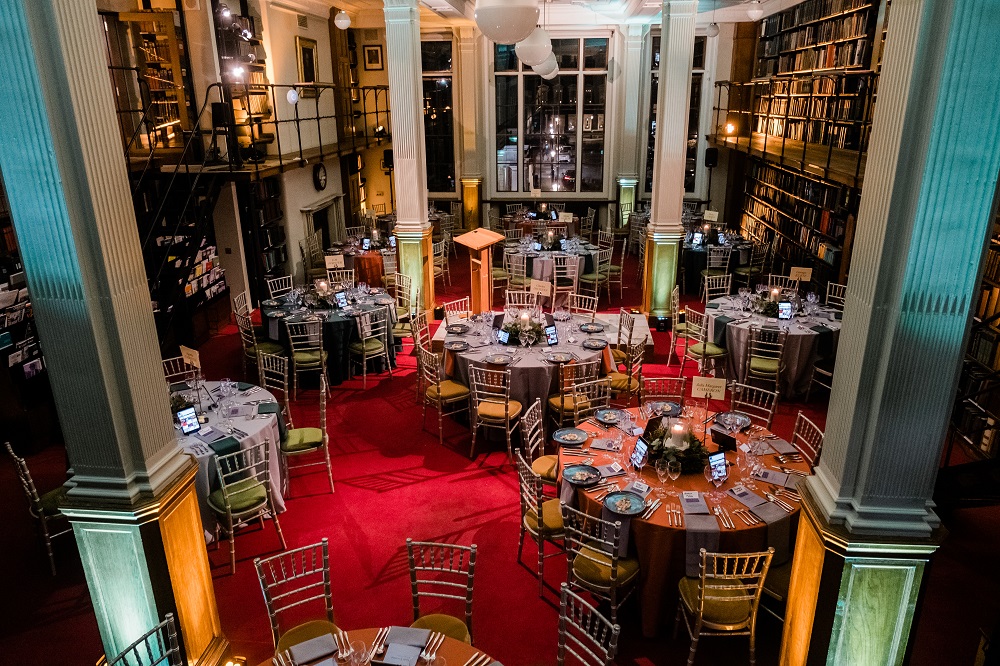




![Sassoon[1]](http://blog.londonlibrary.co.uk/wp-content/uploads/2013/12/Sassoon1-300x269.jpg)



